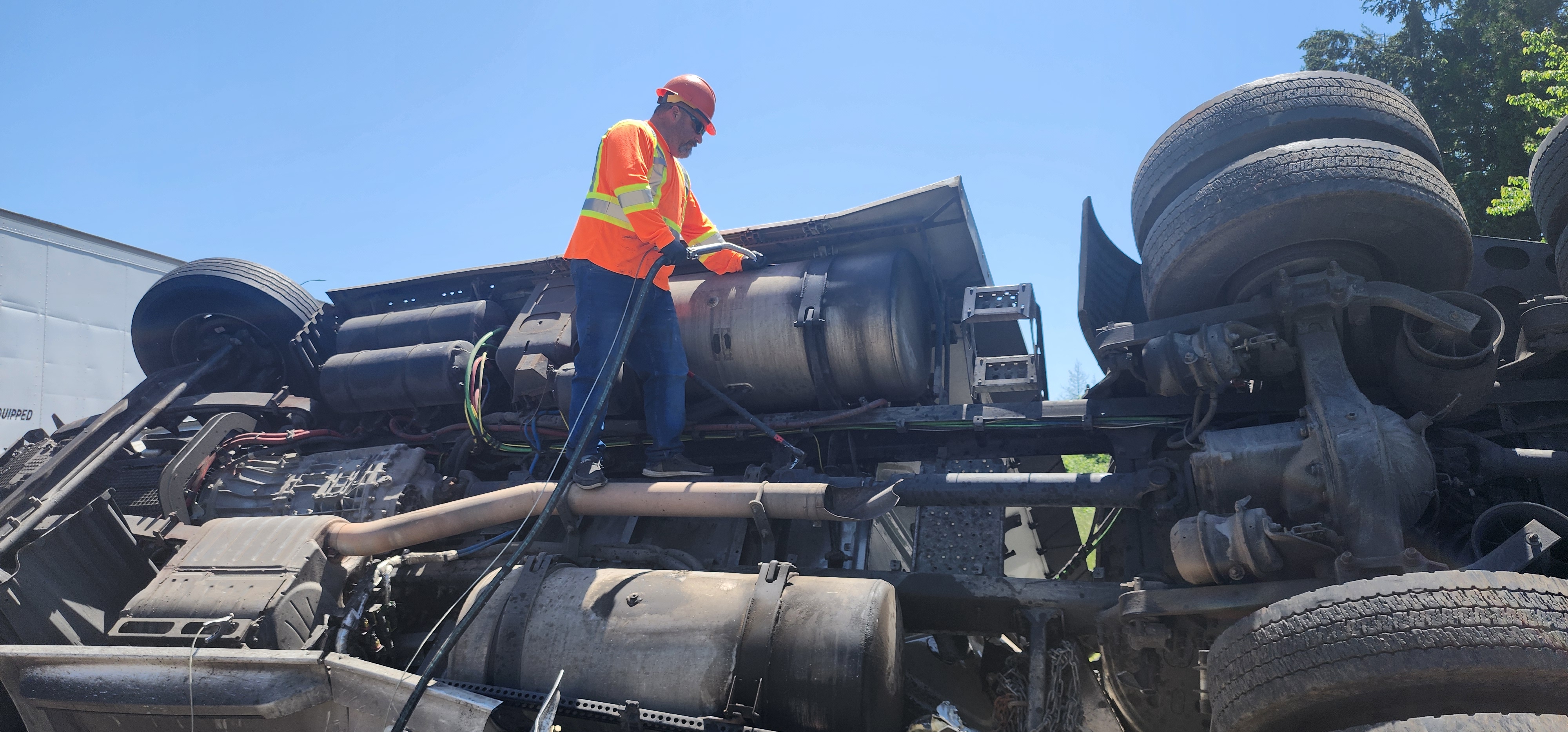

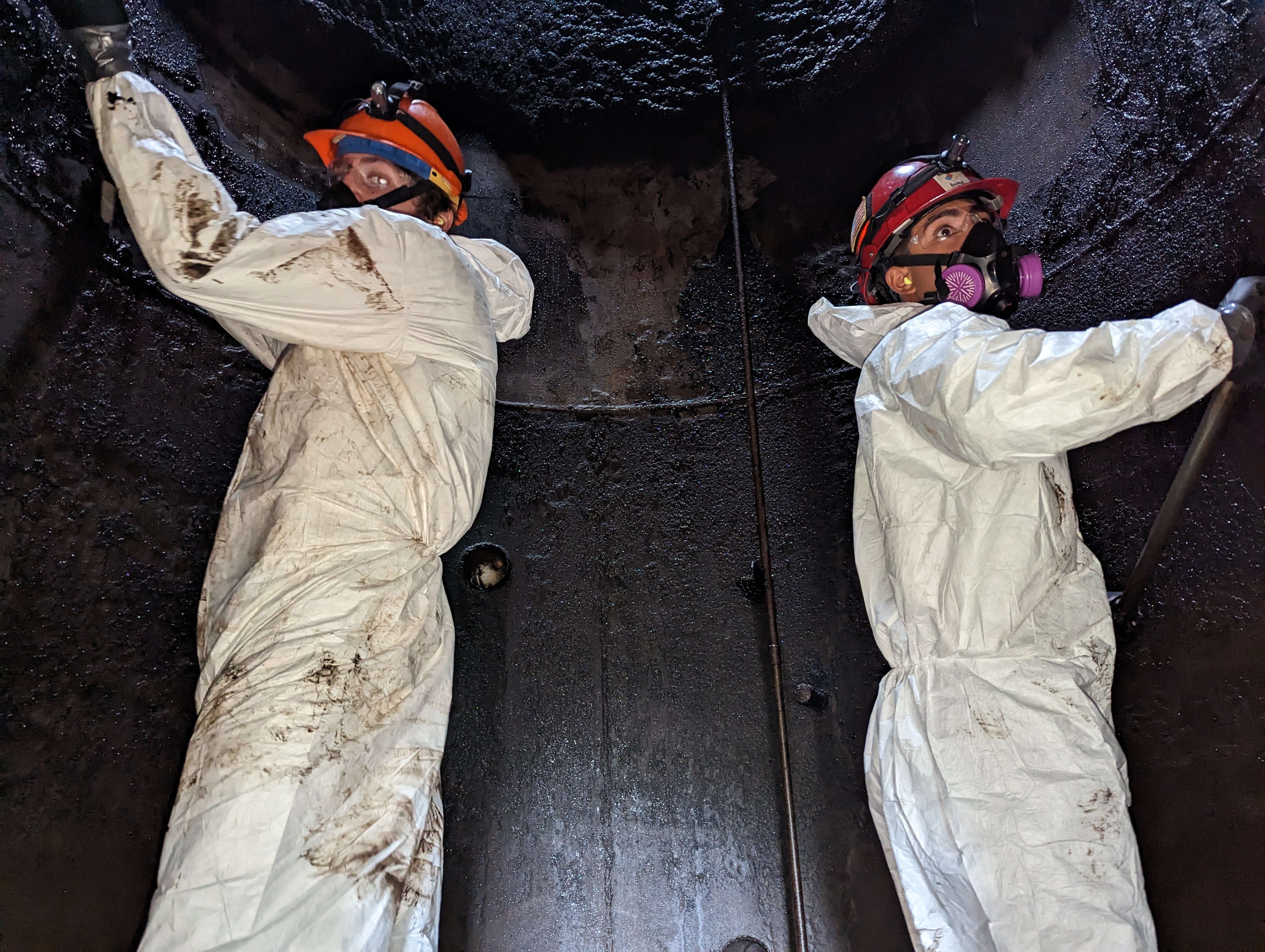
Lane County's Longest Active Hazmat Service
Founded in 2000, NorthWest HazMat, Inc. is a female owned and operated environmental company. We began as a spill response company based in the Eugene-Springfield, Oregon area. Since then we have grown into a full service environmental response and management company.

Our Services
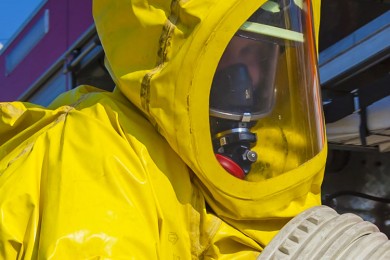
Hazmat Services
Expert hazmat handling, containment, and disposal to protect your environment and ensure safety.

Lab Services
Accurate asbestos testing and lab analysis to identify hazards and ensure safe removal.

Mold Remediation
Professional mold removal to prevent health risks, improve air quality, and protect property.
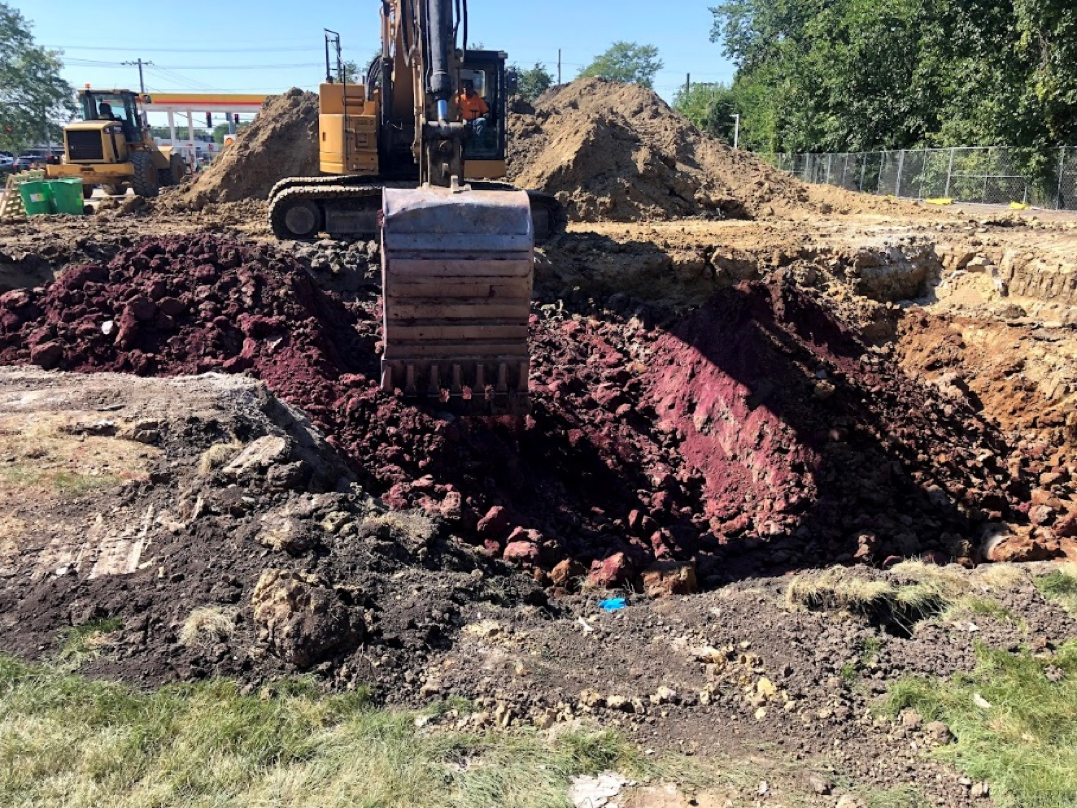
Soil Remediation
Effective soil remediation services to restore contaminated ground for safe use.

Biohazard Cleanup
Safe and thorough biohazard cleanup to remove health risks and contamination.

Waste Management & Consulting
Expert consulting and project management for safety and environmental solutions.

Dedication Services
Committed to delivering safe, high-quality solutions for every project.

Areas We Serve
About Us
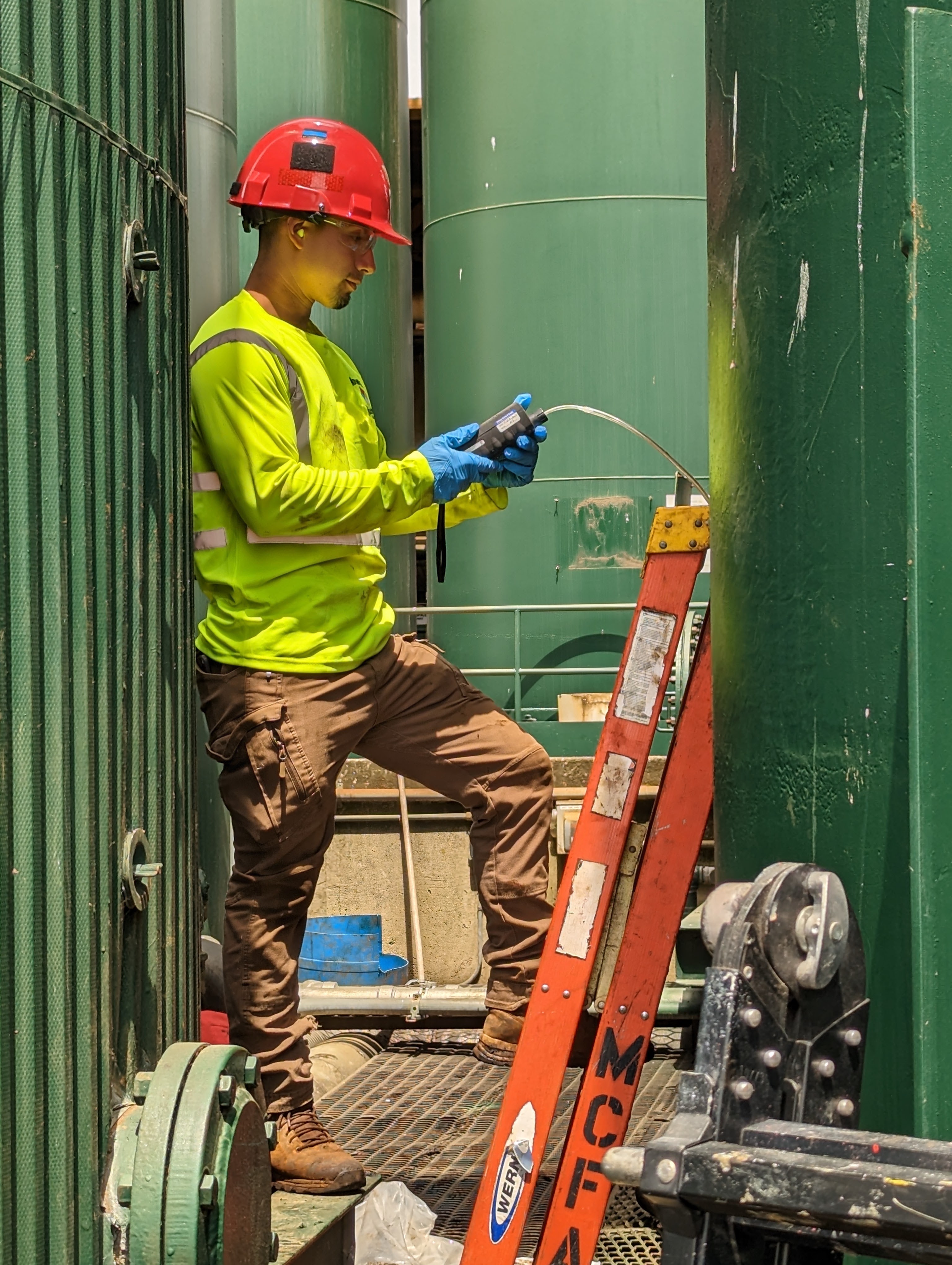
+
Years in
Business
+
Tons of Waste Handled
k
Clients
Served
Who We Are: Your Trusted Partner in Hazmat Services
Founded in 2000, NorthWest HazMat, Inc. is a female-owned and operated environmental company. We began as a spill response company based in the Eugene-Springfield, Oregon area. Since then, we have grown into a full-service environmental response and management company.
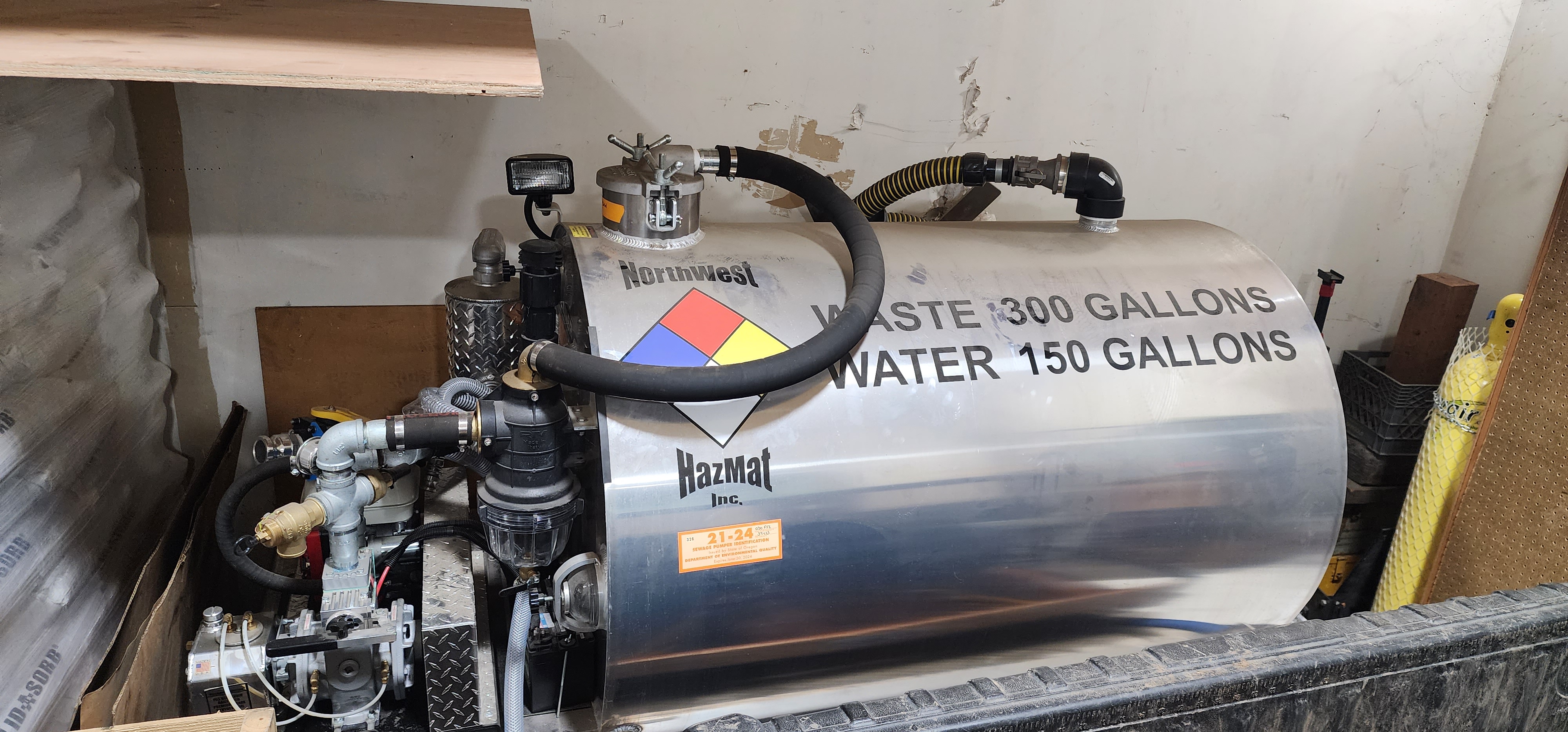
Hear from Our Clients
“The cost was the same as the local competitors that I called, but the people at Northwest Hazmat were very friendly, which is something I can't say about the competition. The turnaround time for the test results was much quicker than expected. I would definitely recommend Northwest Hazmat.”
- Ryan O.
“Northwest Hazmat was professional, fast, and affordable. I appreciated how they explained everything clearly.”
- Jessica P.
“Super friendly staff and fast service. Highly recommend Northwest Hazmat for any testing needs!”
- Mike L.
